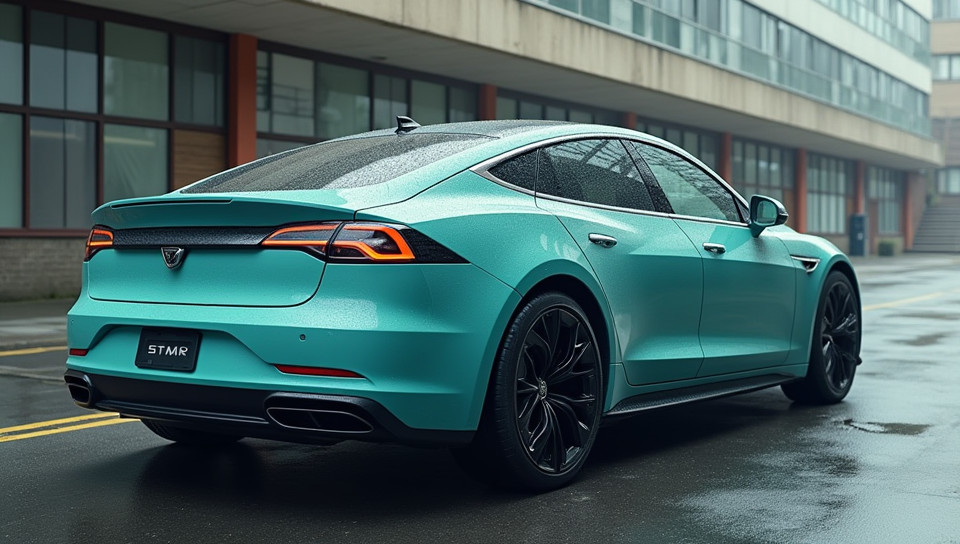Electric vehicles are not eco-friendly due to battery production 60%

Electric vehicles have been touted as the solution to our environmental woes, but is this really the case? The answer might surprise you.
The Rise of Electric Vehicles
In recent years, electric vehicles (EVs) have gained immense popularity. Governments around the world have implemented policies to encourage their adoption, and many automakers are investing heavily in EV technology. But beneath the surface, a more complex picture emerges.
The Dark Side of Battery Production
The production of EV batteries is a highly energy-intensive process that requires significant amounts of fossil fuels. In fact, it's estimated that the extraction, processing, and manufacturing of lithium-ion batteries – the most common type used in EVs – produce around 150-200 kilograms of CO2 per kilowatt-hour of battery capacity.
- The main culprits behind this carbon footprint are:
- The mining of lithium, nickel, and cobalt, which requires significant amounts of energy
- The production of electrolytes, which are made from petrochemicals
- The manufacturing process itself, which involves the use of fossil fuels for electricity generation
A False Sense of Security?
Many people assume that EVs are inherently eco-friendly because they produce zero tailpipe emissions. However, this assumption overlooks the fact that the production of these vehicles has a significant environmental impact.
What's Next?
As the world continues to transition towards electric vehicles, it's essential that we address the environmental concerns surrounding their production. This can be achieved through:
- Investing in renewable energy sources for battery manufacturing
- Developing more sustainable mining practices
- Improving recycling and reuse of EV batteries
Conclusion
While electric vehicles may have a lower carbon footprint than traditional gas-powered cars, their production has significant environmental implications that cannot be ignored. It's time to take a closer look at the true costs of EV adoption and work towards creating a more sustainable transportation future.
This article is not meant to dissuade people from buying EVs, but rather to spark a much-needed conversation about the complexities surrounding this technology. By acknowledging these challenges, we can work together to create a more eco-friendly transportation system for all.
- Created by: Aline Rocha
- Created at: Aug. 14, 2024, 10:05 p.m.
- ID: 7132




